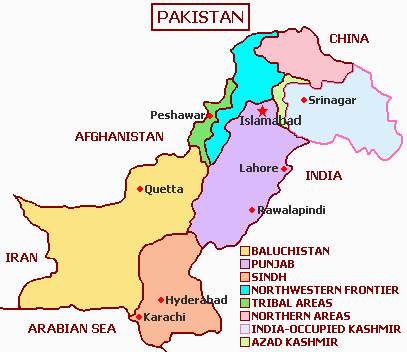With the rise of nationalism in Europe during the 19th century came a new phenomenon called “irredentism” – the agitation by one country to reclaim portions of another, based on ethnic similarity or previous ownership. The term was based on the phrase Italia irredenta, the slogan of Italian nationalists who wanted Italy to annex Italian-speaking areas retained by Austria after the unification of Italy in 1866. Italia irredenta was a significant force in Italian politics right up until the Great War, and helped induce Italy to join the Allies.
Various irredentisms were the bane of Europe in the 20th century. Hitler wanted to unite with his ethnic compatriots in the Sudetenland and Alsace-Lorraine. A significant Romanian minority was included in the Hungarian portion of Transylvania, causing friction between the two countries. The Turks and the Greeks are still at odds over Cyprus, and the Serbs long to reclaim the “historic heartland of Serbia” in Kosovo.
Ethnicity, religion, language, shared history, and general culture combined to form a volatile mix that produced modern nationalism. But nationalism and irredentism are not necessarily language-based phenomena; both Italy and Spain united even though their component provinces spoke dialects which were all but separate languages.
Driven as it is by powerful nationalist emotions, irredentism can cause countries to make decisions that are not always in their national interests. It is impossible to understand the deadly foreign policy of Germany during the 1930s without reference to German irredentism. Similarly, in order to understand current Chinese foreign policy it is necessary to examine China’s fixation on reclaiming Taiwan.

And Pakistan’s foreign policy cannot be understood without considering Kashmir.
Read the rest at Gates of Vienna.
Many thanks to the Infidel Bloggers Alliance for inviting me post here!
3 comments:
We're glad to have you aboard, Mr. Bodissey.
:)
Hey! Great to be here, Pastorius. And thanks again.
Excellent post here!
Irredentism is an important concept to grasp as we endeavor to understand the world situation today.
Post a Comment